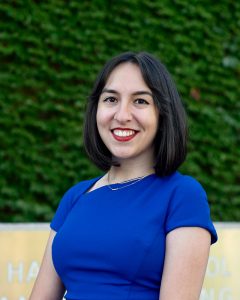Established in 1971 as the first community-based legal clinic in Ontario, former Ontario Chief Justice and Osgoode alumnus, Roy McMurtry ’58, called the Parkdale Community Legal Services Clinic (PCLS) one of Osgoode’s proudest achievements. Osgoode students were instrumental in establishing the Clinic and from the beginning, have been integral to delivering services directly to the Clinic’s clients. Recognizing that many legal and socio-economic problems in the Parkdale community are systemic, PCLS embraces a model of community lawyering that integrates strategies to redress individual legal problems with those designed to facilitate broader systemic reform. The systemic work of the Clinic takes many forms including public legal education, community development, coalition building, community organizing, media strategizing, and law reform. PCLS works with low-income community members to identify issues and challenges that are facing them collectively and to develop strategies to address these issues.
Visit the PCLS website for more information.
What You Will Do
Students participate in all dimensions of the Clinic’s work, engaging daily in learning and practicing the skills of community-based lawyering. Under the guidance and mentorship of a supervising lawyer, you will work directly with clients to provide advice and representation on their legal matters. You will be assigned to one of four divisions at the Clinic: Housing Rights; Workers’ Rights; Social Assistance, Violence and Health; or Immigration and Migrants’ Rights. You will be the front-line caseworker that members of the community meet when they come to the Clinic. You will have hands-on responsibility for developing cases and legal arguments, and carrying a caseload of approximately 15-25 active files. You will learn and develop skills in interviewing, counselling, negotiating, preparing submissions, offering summary advice and making referrals to appropriate agencies and services. You may represent clients at hearings before administrative tribunals, and participate in community organizing, law reform or other activities designed to instigate social change.
What You Will Learn
- to critically evaluate law’s role in reproducing poverty and as a resource to help eradicate poverty
- describe and explain the ‘gap’ between law on the books and law in action
- to engage in practices consistent with community lawyering
- to establish rapport with clients and effectively conduct client interviews and counsel clients
- to capably manage client files and community work files
- work collaboratively with clients, other students, staff and partners
- identify and deliberate about issues of professional responsibility and ethics in the context of poverty law practice and community lawyering.
